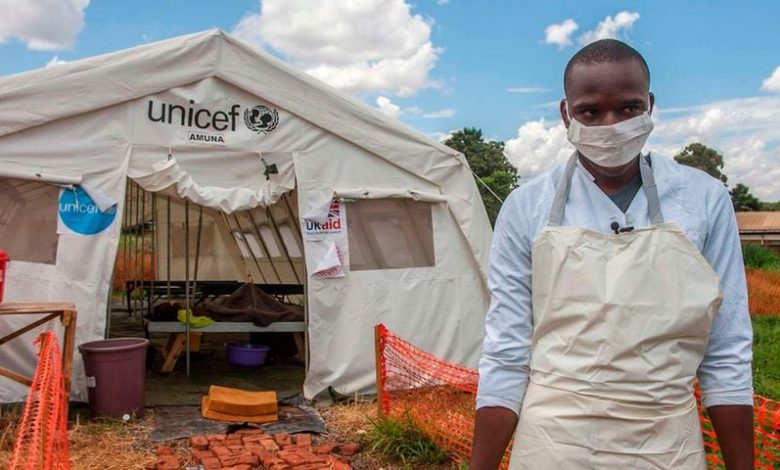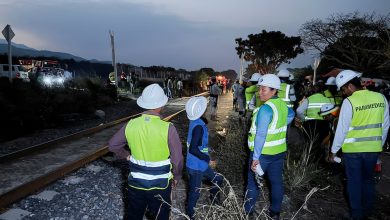Malawi delays school reopening as cholera cases, deaths rise

Malawi on Monday postponed the opening of primary and secondary schools for at least two weeks due to a cholera outbreak.
The new term was set to begin on January 3, but the increasing cases of cholera infections and deaths forced the government to cancel school reopening plans as it deals with the outbreak.
The measure, according to the government, covers cities of Blantyre and Lilongwe.
“For all other learners in all health districts, the respective authorities should enhance compliance with recommended cholera control measures, including cholera vaccination for those that have not yet been vaccinated,” the country’s presidential taskforce on coronavirus and cholera said in a statement.
In its latest update released on December 22, the government said that cholera had killed 410 people in Malawi since February, with 13,837 having tested for the disease out of which 338 were hospitalised.
Cholera is an acute diarrhoeal infection caused by ingestion of food or water contaminated with the bacterium Vibrio cholera, the World Health Organization (WHO) says.
The incubation period is between 12 hours and five days after ingesting contaminated food or water. It remains a global threat to public health, but it is a treatable disease.
In November, Malawi received 2.9 million doses of cholera vaccines from the United Nations as the outbreak was spreading.
Malawi, which is one of the poorest countries in Africa, has population of 18 million people and most rely on subsistence farming. However, the food security situation is precarious because of climate change effects.





